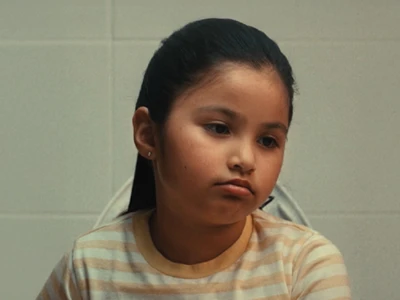It helps to know the types of diarrhoea so that the necessary treatment route can be decided right.

Know everything
about Diarrhoea in Children
Diarrhoea in Children
Diarrhoea is one of the most common diseases in small kids. It can last several days and can leave children’s bodies without the salts and water that are necessary for survival.
When a kid passes 3 or more watery stools per day (or more stools than usual), it is defined as diarrhoea.
Diarrhoea in children is usually a symptom of a digestive disorder or an infection in the child’s intestinal tract and can be caused by several reasons, the most common of which are viruses (Rotavirus, Adenovirus, etc.), reaction to certain antibiotics and food allergies and intolerances. Moreover, this infection is spread through contaminated food or water, or from person-to-person due to poor hygiene.
Although diarrhoea is the most common reason for deaths in children around the world, it can be cured and prevented by including probiotic foods in your child’s diet and maintain utmost food and personal hygiene in kids.
Know everything about diarrhoea in kids, children’s diarrhoea medicine and how to prevent diarrhoea in the blogs below.
Intestinal infections, food intolerance and antibiotics can cause diarrhoea in kids.
A toddler with diarrhoea should not be given foods that can make it worse like –
Globally, Enterogermina ® Oral Suspension is the number one probiotic supplement for diarrhoea management in kids. 1-2 vials of Enterogermina ® should be consumed in a day to manage diarrhoea in children.
Diarrhoeal infection is spread through contaminated food or drinking-water, or from person-to-person as a result of poor hygiene.
You should avoid consuming lactose containing dairy products in diarrhoea.
Bright yellow diarrhoea can signify a condition known as Giardiasis (an intestinal infection caused by a giardia parasite). Stool that is yellow or pale can also result from reduced production of bile salts, since a normal, brown-coloured stool acquires its hue from breaking down bile. Pale stool (yellow or grey) can signify a problem with the liver or gallbladder, so if you have persistently light-coloured stool, then you should see your doctor.
When diarrhoea lasts more 4 or more weeks, it is considered chronic diarrhoea. While many diseases and disorders can cause chronic diarrhoea in babies, one of the more common reasons are infections, gastrointestinal disorders, food allergies and intolerances, and inflammatory bowel disease.
The common perception among dentists is that teething in babies and children may be accompanied by increased drooling, a slight rise in temperature, and perhaps increased irritability, but these symptoms are relatively minor. Teething and diarrhoea are not usually associated.
Normally, a newborn baby’s stools are frequent, soft and loose. If you notice more stools than usual and they are thinner and more watery than usual, it may mean that the baby has diarrhoea.
One of the major causes of diarrhoea in children is imbalance in their gut flora. Including probiotics in kids’ diets will restore their gut health and help in managing diarrhoea in kids.
SAIN.BCL.20.05.0886
.webp)